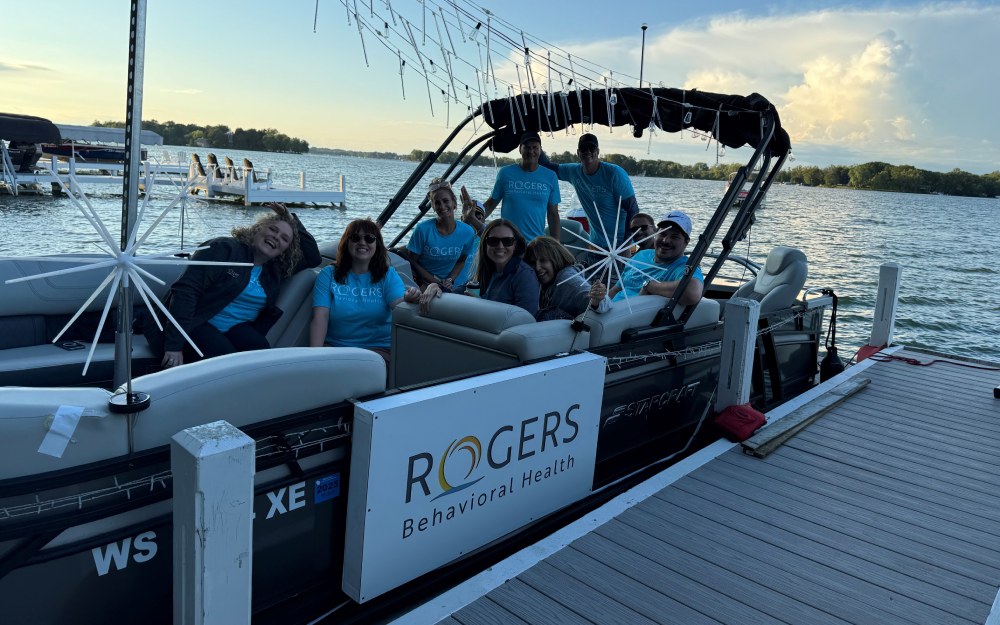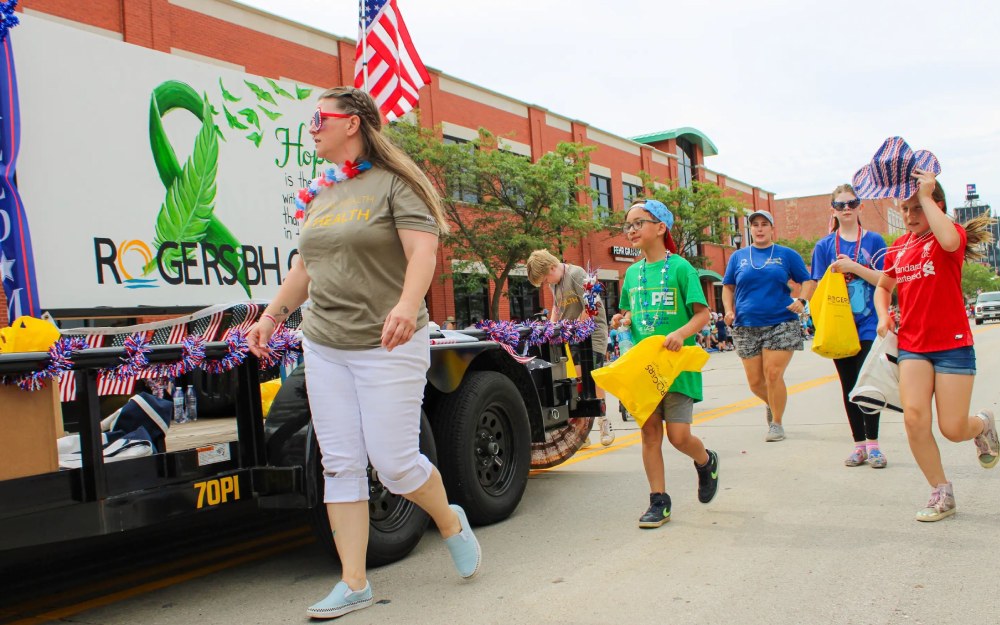
Rogers Foundation funds support groups to offer connection for individuals and families living with OCD
03/07/17 04:09:am
That desire for ongoing support was the inspiration for a donation to Rogers Memorial Hospital Foundation. The donation enabled Rogers to launch two OCD support groups: one for individuals diagnosed with OCD and another for parents and caregivers. Both are free and open to the community.
Marisol Brost, advanced practice social worker, facilitates both groups. Every Monday night, those with OCD join together on the Oconomowoc campus to discuss exposure and response prevention (ERP) strategies, talk about the week’s triumphs and struggles, and share tips and advice. Even if each members’ symptoms are different from one another, they can relate to how the disorder has affected their lives and relationships. It’s a place of honesty and encouragement.
“One of the group members told me that Monday nights are a beacon of hope,” said Brost, whose members come from a wide cross section of life, ranging from young adults to retirees.
When asked about the group fulfilling a need in the community, support group member Arthur Collins explained, "Without a doubt! In the treatment setting, you are part of a community of OCD people. When you leave treatment, you leave the community. The support group brings the community back again. It's a place where people can work together to maintain health and wellness."
In December, a second support group created for parents and caregivers began to meet every other Sunday. The group works to refresh family members and friends with resources, encouragement and a place where they can be real about the frustrations and joys of caring for someone with OCD. Among the most important priorities of the group are to encourage loved ones to recognize the benefits of renewed focus on self-care, provide education on ways to support their loved one without supporting OCD, and build connections.
“When a child is suffering, parents want to do all that they can to help,” Brost confirmed. “They need support, too, as they take a major role in the recovery journey. Sometimes, there are tears. But, members leave the meeting feeling uplifted and connected to others who really understand, and that’s huge.”
An online parent support group is in the works for those whose children are currently receiving or have received OCD treatment (up to six months post-discharge) at one of our Rogers Behavioral Health programs. Watch for updates on how we are bringing the in-person group experience to Rogers’ families across the miles. For more information or to register, contact Marisol Brost at 262-646-6257 or marisol.brost@rogershospital.org





